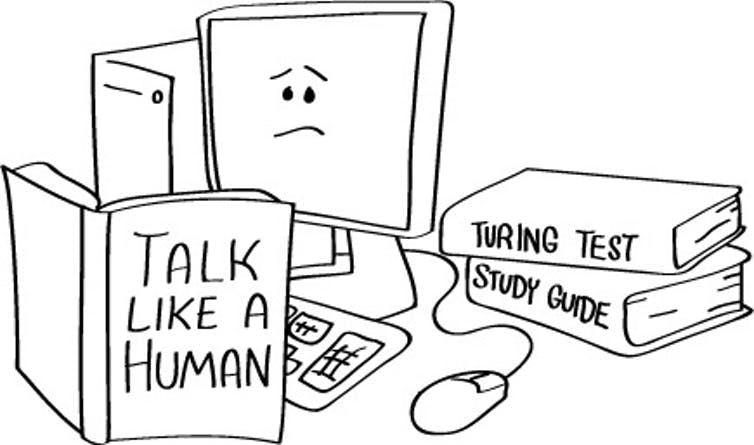I recently saw a doctor about a minor medical problem. This is the first time I saw this doctor . After the appointment I asked my doctor a follow-up question via my insurance company's website. I got a call back from the doctor but during the entire call I was distracted because all of the doctor's remarks sounded so dull and artificial. Also, he didn't seem to remember anything about me and just kept telling me to make a follow-up appointment with my doctor. I thought to myself that I might have been talking to an AI. That didn't seem too far-fetched to me with the recent advances in AI and doctors' busy schedules. During the entire call I was trying to determine if he was real and almost blurted out "are you a real person??".
In hindsight, I think I was talking to a real person and he just has to deal with so many patients that he starts to talk like that. But I have started getting automated telemarketing calls that try to trick me into thinking a real person is talking to me.
Is there a polite way to ask if someone is a real person? Or if there is a way to determine if I'm talking to a real person (sort of a reverse Turing test).
